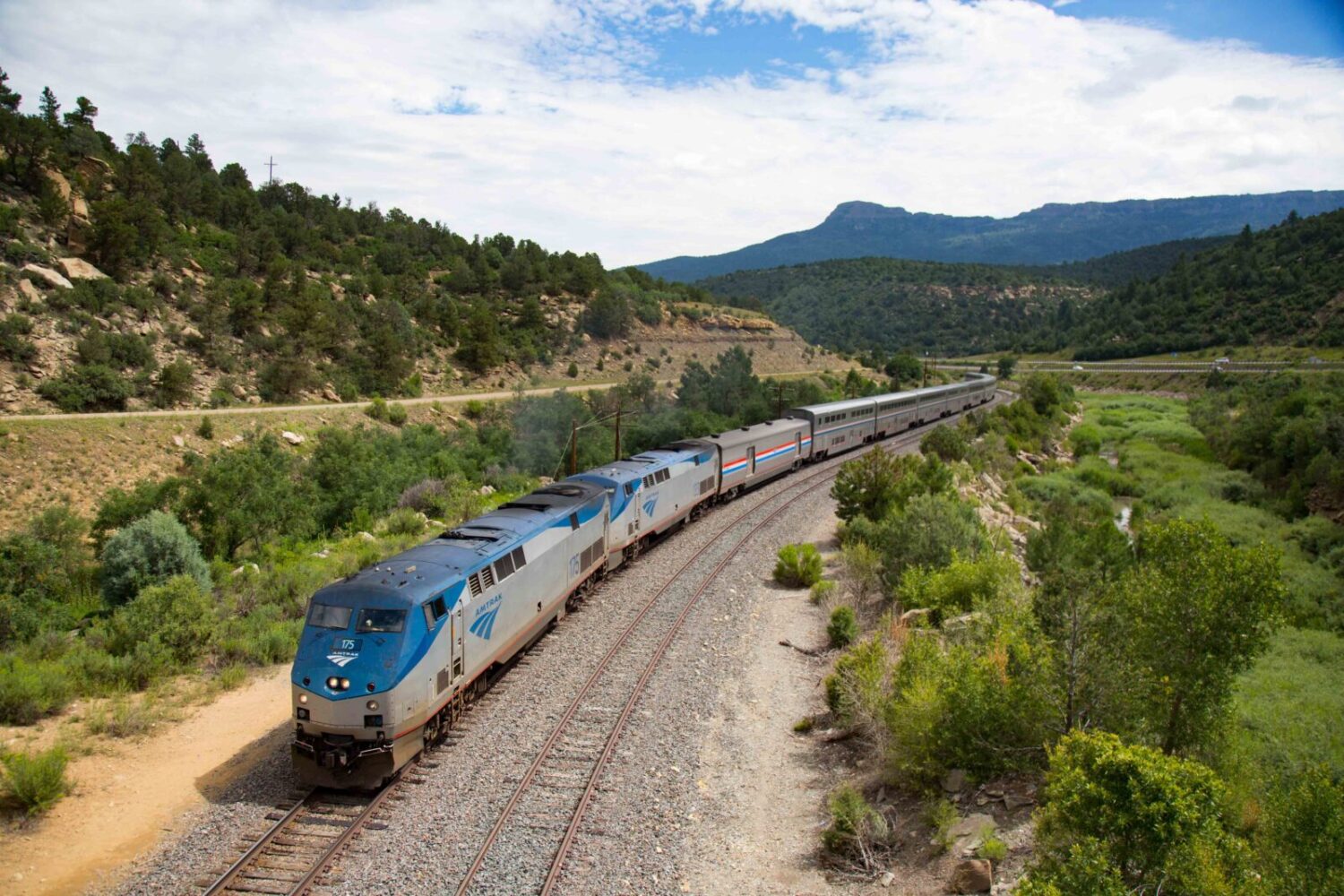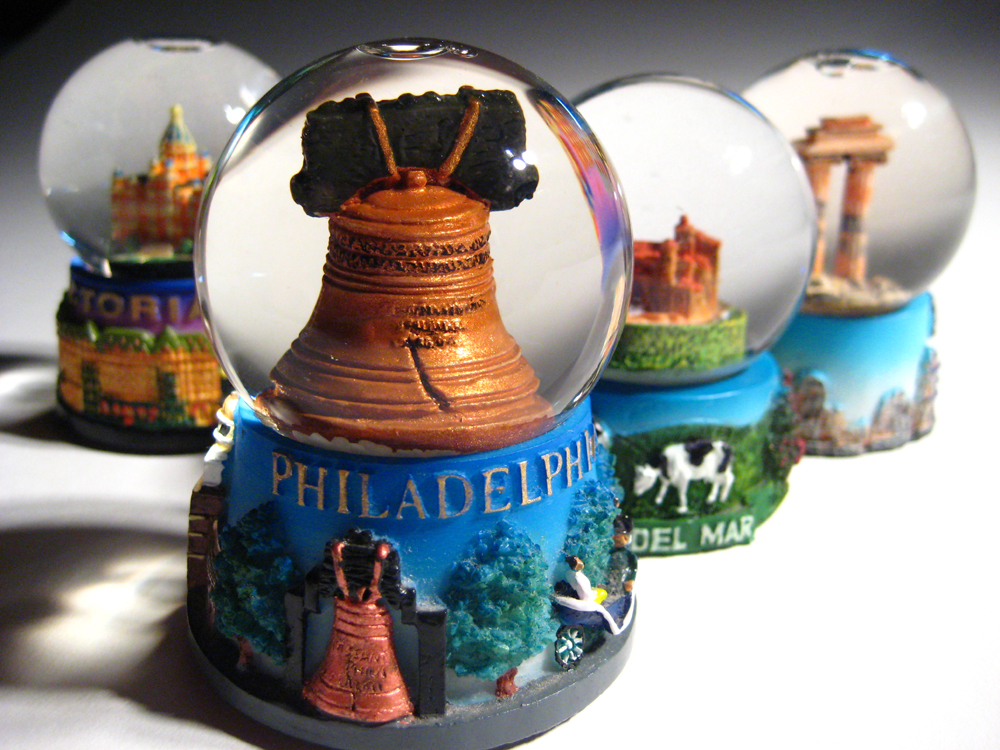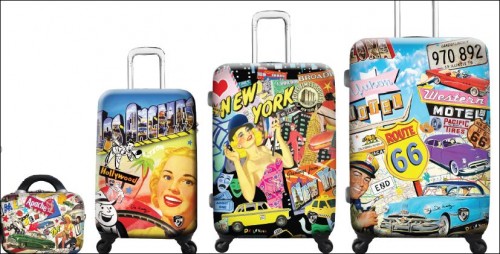
(This is a slightly different version of a story we wrote for NBC News)
Swimsuit packed? How about your patience?
If you are heading out of town for the July 4th holiday weekend, you will likely need both.
More than 47.7 million Americans will on the nation’s roadways and in the skies during this Independence Day holiday, July 1–5, says the American Automobile Association (AAA).
That will be very close to pre-pandemic levels and the second-highest Independence Day travel volume on record.
In normal times holiday travel can be frustrating. But as the nation makes its way out of the pandemic, there is a lot more than usual riding on this weekend.
Road Trips Still Rule

Despite the shortage of rental cars and the highest gas prices in seven years, AAA expects more than 91% of holiday travel will be by car. An expected 43.6 million Americans will drive to their destinations, says AAA. That the highest on record for this holiday and 5% more than the previous record set in 2019.
All those cars hitting the road means congested highways.
“With travelers eager to hit the road this summer, we’re expecting nationwide traffic volumes to increase about 15% over normal this holiday weekend,” says Bob Pishue, a transportation analyst with INRIX. “Drivers around major metro areas must be prepared for significantly more delays.”
In addition to loading up tunes and travel apps, experts suggest holiday road trippers do a refresh on safe following distances and remember that many motor home drivers are still getting used to maneuvering their new RVs.
Advice for Air Travelers

3.5 million people are planning to fly over the July 4th holiday, and air travel volumes are expected to reach 90% of pre-pandemic levels. That is an increase of 164% compared to last year, says AAA.
Earlier this month, analysts at travel site Hopper said a good deal on domestic airfare for July 4th was around $302 round-trip and $775 round-trip for international travel, on par with 2019’s July 4th prices. Prices will, of course, spike closer to holiday weekend, when Hopper expects average domestic round-trip prices to be closer to $500.
If you do not have tickets yet and are determined to fly somewhere, Hopper economist Adit Damodaran suggests checking with low cost/budget carriers, such as Southwest and Spirit, especially on their new routes. Newcomers Breeze and Avelo, serving secondary airports, may still have good fares as well.
Getting through airports during holiday weekends was frustrating before the pandemic. This year, it could be much worse, due to a temporary shortage of TSA officers, airline staff, and airport shop and restaurants workers. Add to that new airport protocols, the rash of unruly travelers, and passengers who show up at the security checkpoint with everything from oversized liquids to guns and other prohibited items because they’re forgotten how to pack.
“The challenge will be to keep things moving smoothly,” says Sherry Stein, Head of Technology for SITA, an air transport technology company. But “mobile-enabled technology such as self-service bag tag kiosks that limit contact while improving efficiency” will help.
What about buses and trains?

AAA expects 620,000 Americans to travel by bus, train, and other modes this holiday weekend, an increase of over 72% compared to last year.
While overall ridership on Amtrak is running at about 55% of pre-pandemic levels, says Doug Duval, an Amtrak spokesman, “We are currently showing riders down 14% compared to FY19. This is trending to be the best holiday since the pandemic started.”
Bus ridership is on the rise too, says Jan Jones, program coordinator for the Hospitality and Management program at the University of New Haven.
But staffing is a problem here too. “During the pandemic, bus lines furloughed and laid off many employees, “Drivers aren’t rushing back,” says Jones, “So, July 4th travelers may be limited in terms of where they can go by bus.”
Hotels and campsites

TripIt trip planning company reports that lodging reservations are well above the reservation volume for last year, at 163% of 2020 bookings.
Many travelers have already booked their July 4th hotel stays and desirable properties in popular destinations, such as Hawaii, Florida and beach destinations in Maryland and South Carolina may already be filled up or showing high prices.
But late planners are not totally out of luck. “If you know the hotel or hotel brand you want to stay with, try their mobile apps or websites because they usually offer a best rate guarantee,” says Paul Barron, EVP Marketing, Hospitality at Amadeus. Loyalty program members booking directly on a hotel website often receive personalized offers not available on other sites, he added.
Campgrounds and RV resort operators are reporting higher than usual bookings for this July 4th holiday too. But not all spots are taken; websites for camping enthusiasts, such as CampFlorida.com, are reporting plenty of vacancies still available.
Too daunting? Ditch the drama.

While you may be itching to get back to big cities and popular tourist locales, for this July 4 holiday, “You will likely find more availability for flights and hotels or vacation rentals near smaller towns,” says Jen Moyse, Senior Director of Product for TripIt.
Or do a pivot and “don’t travel at all,” says Virtuoso travel advisor Jessica Scot, of Denver’s J. Scott Travel. “Instead, spend the long weekend penciling out your travel schedule for the future. If there is anything the pandemic taught us, it is not to wait to take that dream trip, or to visit a far-away friend or family member.”
